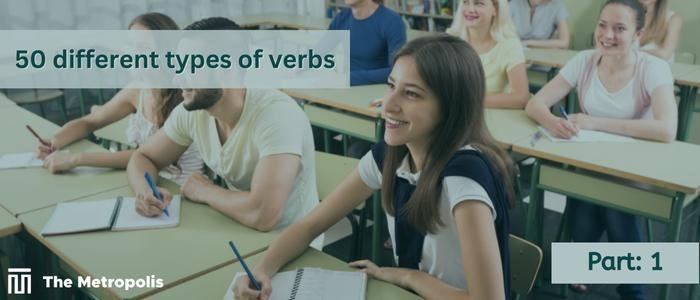Zulfiqar Parvez-
It was back in 2008, and somehow a grammar mania came over me that led me to find many new things I did not know even existed in language. There were even eight nights of insomnia on the trot that resulted in the discovery of over 50 different types of verbs alone. I feel my students should know each of them by turns. I found them in a number of different books on grammar and went all the way to take the trouble to arrange them in alphabetical order so my students could find them in the blink of an eye. Here comes my first write-up on verbs that contains all the verbs beginning with “A”. Keep in touch. The rest will follow.
Verb:
A word that describes a state or an action. The state can be one of being, having, or doing. e.g.
I am a teacher. (State verb)
I teach English. (Action verb)
A verb may be used in different forms. The different forms together form what we call a paradigm which is a set of choices made from the same grammatical category:
They play football. (Base form)
He plays cricket. (3rd person singular form)
They are playing. (Present participle form)
They played very well. (Past simple form)
They have played badly today. (Past participle)
Action verb:
A verb that expresses the idea of doing something. e.g.
Mary wrote a letter.
Why did you go there?
He was then taking tea.
Anaphoric verb:
A verb that refers back to another verb coming earlier in the sentence. e.g.
Susie studies hard, and so does Mike.
Here “does” is an anaphoric verb that refers back to “studies” as a substitute for it.
Auxiliary verb:
A verb that precedes a lexical verb and modifies it:
He does not take tea.
The boys are swimming in the pond.
They have done the work.
These auxiliary verbs show different aspects of the present tense. They are called aspect auxiliary verbs.
Some auxiliary verbs are called modal or defective verbs. e.g.
He can speak English. (Ability)
It may rain tonight. (Possibility)
We should speak the truth. (Suggestion)
There are also passive auxiliary verbs:
The thief was caught red-handed.
The auxiliary verbs used in a passive construction are called passive auxiliaries:
He will be sent to prison for two years.
All the three kinds of auxiliaries can be used in the same verb phrase as in the sentence below:
He may have been born in 1986.
In this verb phrase, “may” is a modal, “have” is an aspect auxiliary, and “been” is a passive auxiliary.
An auxiliary verb cannot be used alone in a sentence. It always precedes a lexical verb and helps it to form tenses, negatives, and interrogatives. Hence it is often called a helping verb.
Anomalous finite:
A finite verb can form the negative by adding ‘n’t’ and expresses the question by inversion:
He shouldn’t go there.
Should he go there?
He isn’t a teacher.
Is he a teacher?
Anomalous finite verbs include all the modal verbs, and all uses of “be” and “modal” as auxiliary verbs.
Atelic verb:
A verb whose action has no clear terminal point or “expiration”:
The tree is growing rapidly.
Prices of everything are rising.
Some of the most frequent atelic verbs are: go, run, play, fall, rise, continue, grow, expand, and so on.
Zulfiqar Parvez is Head of English at Tanzimul Ummah International Tahfiz School.



